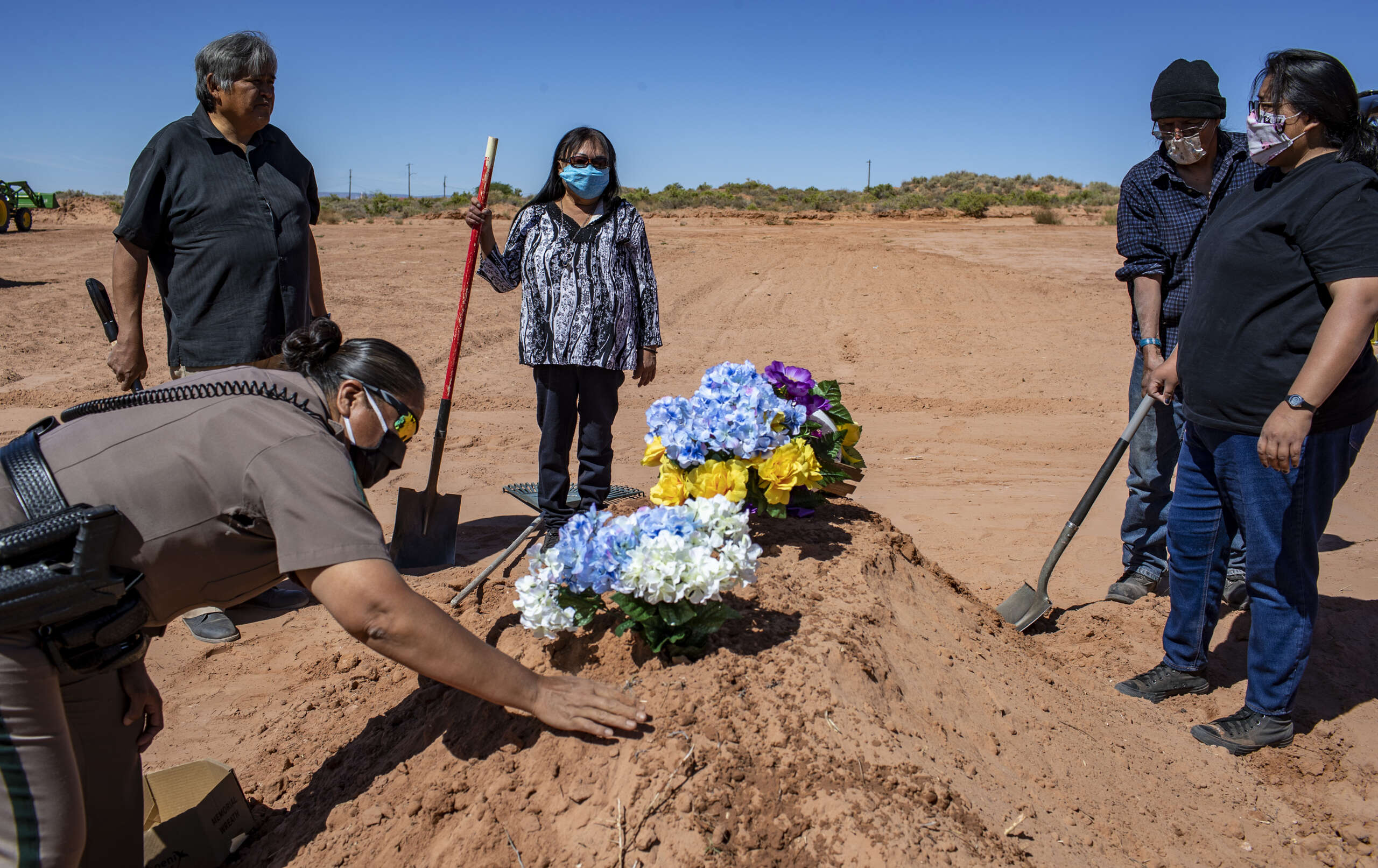Tragedy and Resilience in Indigenous Life
Katherine Goodlow, a young member of the Lower Brule Sioux Tribe, faces the harsh reality of life in her community, marked by the early loss of loved ones to accidents, illness, and despair. The frequent deaths of her peers and relatives, including the recent heartbreaking loss of her toddler nephew, highlight the critical health disparities affecting many indigenous communities. These experiences underscore the urgent need for improved healthcare and support systems that can address the unique challenges faced by these populations.
A Holistic Approach to Enhancing Indigenous Health
Dr. Donald Warne, of the Oglala Sioux Tribe and a prominent figure at the Johns Hopkins Center for Indigenous Health, argues that the lower life expectancy among Native Americans is largely due to socioeconomic factors, not merely healthcare deficiencies. He champions a comprehensive health strategy that extends beyond clinical care to include social services such as case management, parenting support, and educational home visits. Programs like Family Spirit, which aim to educate and support Indigenous mothers, are pivotal in fostering healthier communities through direct, culturally sensitive interventions.
Strengthening Communities Through Collaboration and Culture
Persistent challenges like poor living conditions, limited access to healthcare, and systemic discrimination exacerbate the health crises in Native American communities. However, organizations like Siċaŋġu Co on the Rosebud Reservation are making strides by integrating cultural revitalization with health education, thereby nurturing resilience and well-being. To truly uplift Indigenous health standards, a collaborative effort among federal, state, and tribal governments is essential, emphasizing the integration of cultural respect and community-specific health initiatives into the broader public health strategy.
These efforts are vital for not only extending life expectancy but also improving the quality of life among Indigenous populations, affirming the necessity of community-focused health solutions that honor and incorporate traditional values and practices.
